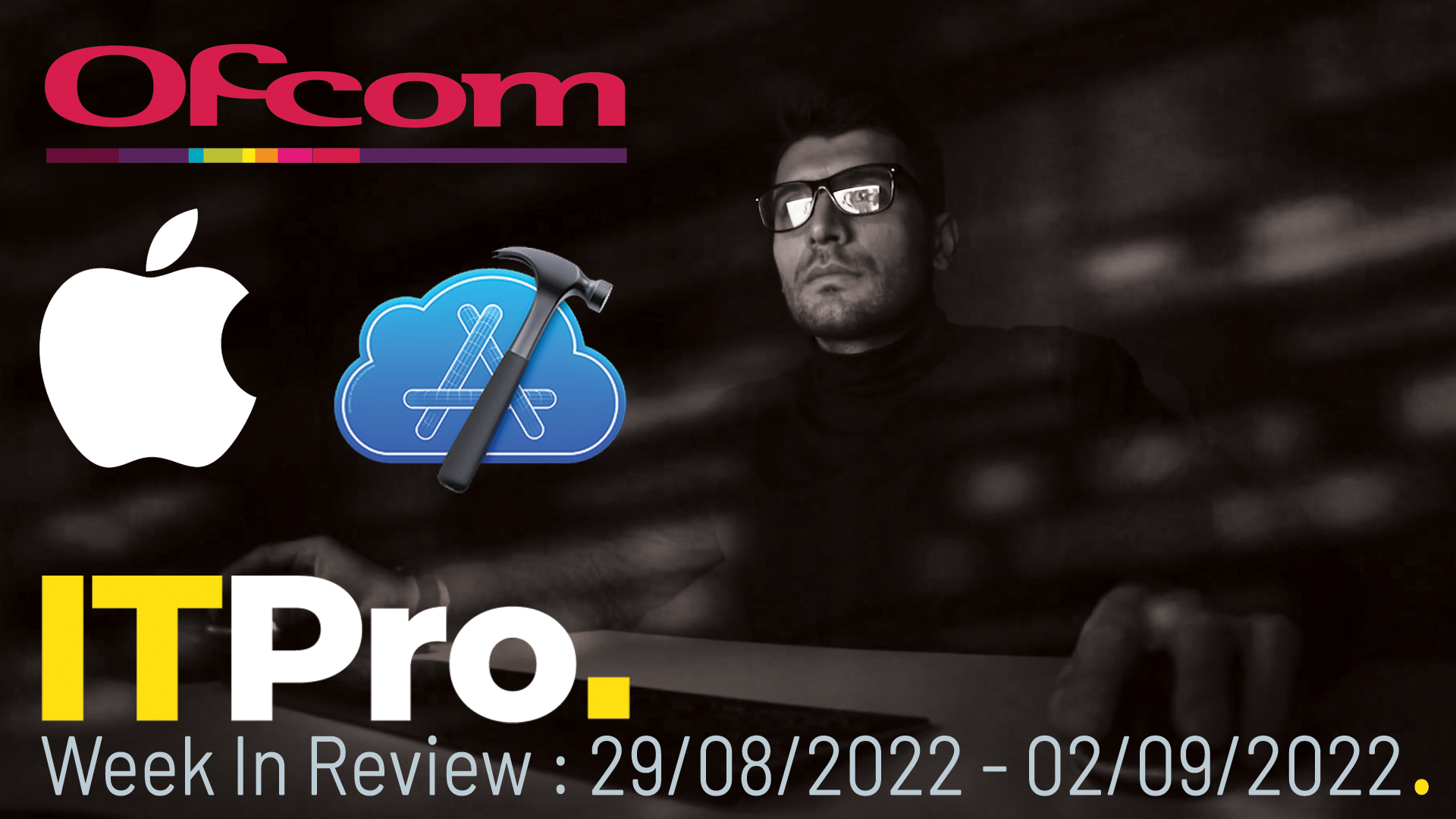Security budgets rise despite recession
In this time of budget cutting, some businesses are actually increasing their IT security spending.

The recession could lead to an increase in security budgets, despite budgets falling elsewhere.
Dr Paul Dorey, independent consultant and the former chief security officer for BP, told IT PRO that the recession has affected security budgets much less than might have been expected.
Following a survey with 60 chief security officers (CSOs), his independent consulting firm CSO Confidential reported that security budgets were actually going up rather than down. When CSOs did see reductions, they weren't anywhere near as much as their partners had seen.
That trend was made apparent by one of the biggest security companies in the world, as McAfee reported higher-than-expected quarterly profit, which Reuters said was due to viruses and malware increasingly flooding the market.
Dorey explained that the threats that businesses had to deal with were increasing, which meant that they had to step up their security to protect themselves.
Companies were also facing increased regulatory attention and a much greater focus on compliance.
He mentioned banks as an example: "They've had a hard time over credit risks, but there are other risks they have to manage, and security and operational risks are amongst those."
Get the ITPro daily newsletter
Sign up today and you will receive a free copy of our Future Focus 2025 report - the leading guidance on AI, cybersecurity and other IT challenges as per 700+ senior executives
He said: "Some businesses have decided that they can't afford to take another hit. It's bad enough to be challenged on one front, so they're not going to walk away from a risk problem on another and cause themselves difficulty."
Dorey advised chief information officers (CIOs) to spend serious time with security and risk managers, so that they all understand the problems they face. He added that people were an important part of the IT security link, in a theme called "security capability management."
He said: "It's about making sure that people who were badged as security professionals actually become better developed as professionals so they can have more executive conversations."
-
 Cleo attack victim list grows as Hertz confirms customer data stolen
Cleo attack victim list grows as Hertz confirms customer data stolenNews Hertz has confirmed it suffered a data breach as a result of the Cleo zero-day vulnerability in late 2024, with the car rental giant warning that customer data was stolen.
By Ross Kelly
-
 Lateral moves in tech: Why leaders should support employee mobility
Lateral moves in tech: Why leaders should support employee mobilityIn-depth Encouraging staff to switch roles can have long-term benefits for skills in the tech sector
By Keri Allan
-
 Protecting CIOs' IT budgets is "paramount" in maintaining business growth
Protecting CIOs' IT budgets is "paramount" in maintaining business growthNews If CIOs are forced to make emergency budget cuts, they should also explain the risks to high level stakeholders so the responsibility is shared
By Zach Marzouk
-
 The IT Pro Podcast: Accelerating digital transformation
The IT Pro Podcast: Accelerating digital transformationIT Pro Podcast Implementation is just as important as the value of change
By IT Pro
-
 Podcast transcript: Accelerating digital transformation
Podcast transcript: Accelerating digital transformationIT Pro Podcast Read the full transcript for this episode of the IT Pro Podcast
By IT Pro
-
 Fit-for-purpose IT infrastructure for digitally determined organisations
Fit-for-purpose IT infrastructure for digitally determined organisationsWhitepaper Your innovation engine: Guiding organisations through change in the new digital economy
By ITPro
-
 IT Pro News in Review: CIOs face a challenge, Ofcom's telecom fines, Apple expands Xcode
IT Pro News in Review: CIOs face a challenge, Ofcom's telecom fines, Apple expands XcodeVideo Catch up on the biggest headlines of the week in just two minutes
By IT Pro
-
 CIO role has 'drastically changed' over last 24 months, says Lenovo
CIO role has 'drastically changed' over last 24 months, says LenovoNews Globally survey suggests chief information officers have greater influence over their company now the role has expanded beyond technology
By Bobby Hellard
-
 How can CIOs help to close the tech skills gap?
How can CIOs help to close the tech skills gap?In-depth The most well-equipped IT leaders can take a number of practical steps to close the divide within their organisations
By Rene Millman
-
 What is a virtual CIO (vCIO) and does your business need one?
What is a virtual CIO (vCIO) and does your business need one?In-depth With tech skills in short supply, organisations are turning to temporary expertise to see through critical digital transformation projects
By Mark Samuels